What exactly does it mean to be a boy or a girl? Prepare to throw your answers and ideas away, because gender roles appear to be changing.
Lifestyle
For decades, boys have been defined by overall jeans and sneakers, playing with toy trucks and footballs, and wanting to be a fireman when they grew up. Girls were defined by pretty lace dresses, playing with dolls and teacups, and wanting to be a mother someday. Boys are strong. Girls are vulnerable. Boys don’t cry. Girls are sensitive. Now, those lines are blurring as parents are freely allowing their children to explore their gender roles. Girls are openly wearing the overalls, playing with footballs, and being strong and unflappable, while boys are openly wearing dresses, playing with dolls, and feeling free to express emotion. Even further, children are being allowed to decide if they identify more as a boy or a girl.
What exactly is happening???
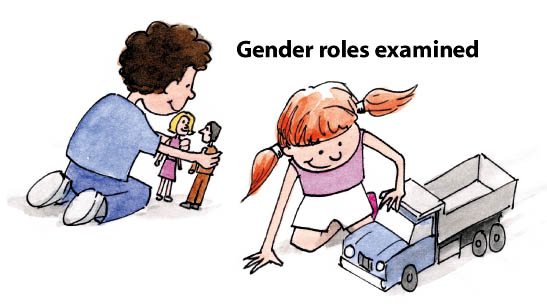
For years, family, friends, and society have all influenced what it means to be a boy or a girl and have placed rigid gender expectations on children from an early age. A recent study calls it the hegemonic myth, which is the perception that men are the dominant sex, strong and independent, while women need to be protected. The idea originates from early childhood and is reinforced by schools, parents, and the media. The onset of puberty increases reinforcement of these pressures to conform to hegemonic sex-typed identities and roles.
However, the times, they are a changing.
Modern parents are moving away from the long-standing tradition of placing their children into prefabricated boxes that come with a laundry list of expectations. Children are being encouraged to explore their sexuality, be attracted to whomever they want, and to explore their gender roles. Is this normal? Is this healthy for a child’s development? Or have modern-day parents gone amuck?
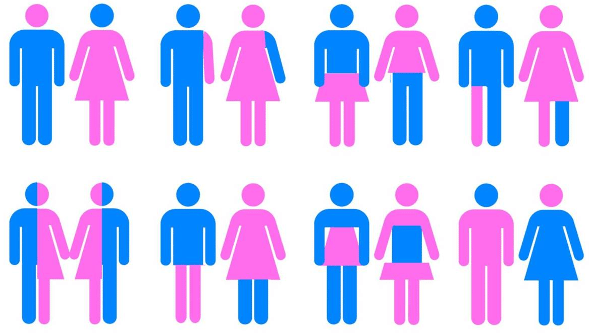
Interestingly, the practice is nothing new. Western culture (primarily the United States) has long been obsessed with gender roles. However, many early societies have often embraced a 3rd sex, which is neither defined as male or female. For example, the indigenous Māhū people of Hawaii have long accepted a “person of indeterminate gender” who is between male and female. The traditional Dineh of the Southwestern US acknowledges four genders: feminine woman, masculine woman, feminine man, masculine man. The term “third gender” has also been used to describe the Hijras of India, Bangladesh, and Pakistan who have each gained a legal identity.
So, why exactly is the modern US of a different mindset?
Lifestyle
American researchers have discovered a greater willingness among girls to challenge gender stereotypes, than for boys to defy masculine roles. For example, “tomboy” behavior in girls is often accompanied by more peer and parental acceptance than their male “sissy” counterparts, who regularly face deep stigma and rejection.
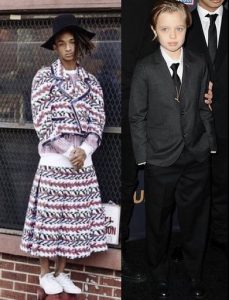
“A potential explanation for this may be that girls who ‘act like boys’ display masculine characteristics associated with power and dominance,” researchers said, while “boys who ‘act like girls’ are generally not granted the same social acceptance because of the lower power or prestige associated with femininity traits and behaviors.”
Still, despite the social risks, more boys and girls are beginning to blur the lines. More children are saying THEY want to decide their own gender roles. In fact, some say they want to be a boy one day and a girl the next if they wish. No more labels. No more roles.
Scientifically speaking, because we all have both X and Y chromosomes, we are all biologically both male and female. We are only identified and defined as a specific gender at birth based on our genitalia. However, many in society often say they don’t “feel” on the inside like the gender they’ve been assigned at birth. Some feel a connection to both genders, while others say they feel as if they are the opposite gender.
Are gender roles truly necessary? Do we really need to continue to define humans by boys and girls? Are male/female role expectations outdated and prejudicial? Or should we throw everything we’ve been conditioned to believe about gender away and embrace individuals selecting their own identity?

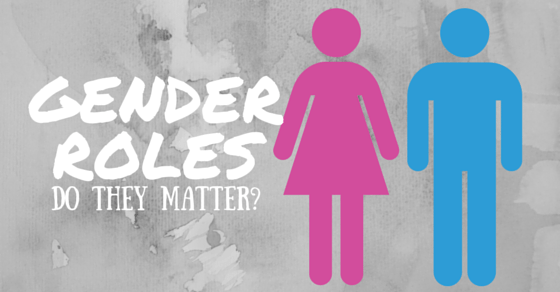
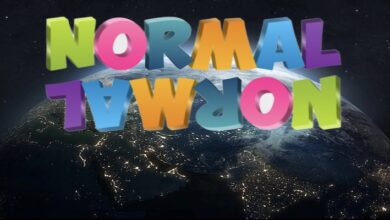
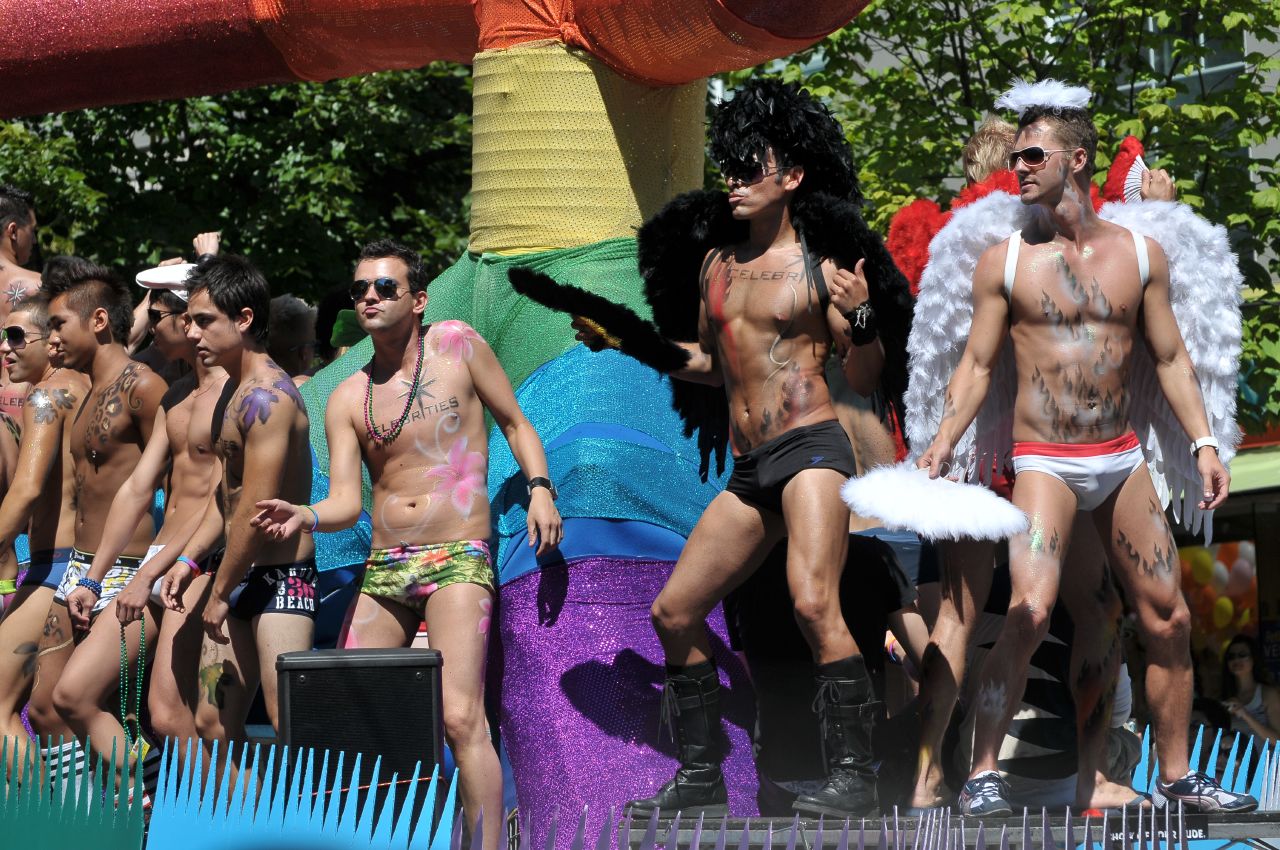
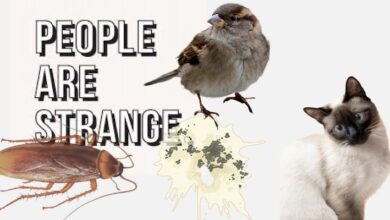


Wow this is a real interesting topic. To be honest I don’t know how I feel about it because I think everybody is so used to male and female it is hard to think of something else. I don’t know how anybody could decide what they are just like how could they decide what race they are. Somebody white couldn’t say they are black just because thaat is what they always wanted to be. And would bathrooms be open to anybody if we didn’t have male and female? So I don’t really know. I might have to come back to this one. LOL you got me stumped DJ.
Thanks to you bringing up the matter of “race” BD, I am now factoring that into my thinking along with a few other significant elements I view as essential when considering how I feel about this.
Um…DJ. Let me first say – you are One. Brave. Guy!
I know that you know that THIS is the kind of topic that sets off the religious zealots. And yet, you went there?! Well I commend you on having the guts to do so. It’s potentially a mighty explosive subject-matter but you’ve not shied away from *touchy* topics before so just keep doing what you’re doing.
I’m gonna hold off sharing my thoughts about it for a little while because I’d really like to hear from other readers first. I’m hoping they’ll chime-in.
You don’t get to pick the gender you want. This is stupid.
Hell yeah male and female got to exist. Thats the way God made it. But I see what they’re trying to do here. If they get rid of male and female then they get rid of gay and straight. Then everybody would have to accept gay which is bullshit. I’m a man who likes women. I’m no fairy and I don’t want no fairy neither. I wanna know its a woman I’m with not somebody who thinks they’re a lady.
This topic is a doozie and I really had to sleep on it before responding……
I’ll start by saying this. I recognize there is a difference between “gender roles” versus “gender identity.” I also recognize the tremendous damage done to any child who may feel pressured to embrace certain gender roles and stereotypes, as assigned to that child by society, in general and by their parents, more specifically.
I thought about “race” from the perspective that we don’t get to decide what race we’re born into. However, parents DO have the power to determine the race of their child/children.
No one, not even parents, have the power to determine what a child’s NATURAL gender identity will be. And going from one extreme in parenting (and society at large) to another extreme in parenting can be just as damaging to a child. Which leads me with this question…….
Why are parents (or any adults for that matter) encouraging children one way or another on this? Why can’t WE (adults) just allow children to be children?
Just love them and let them grow-up to BE who they are going to be according to what comes natural to them.